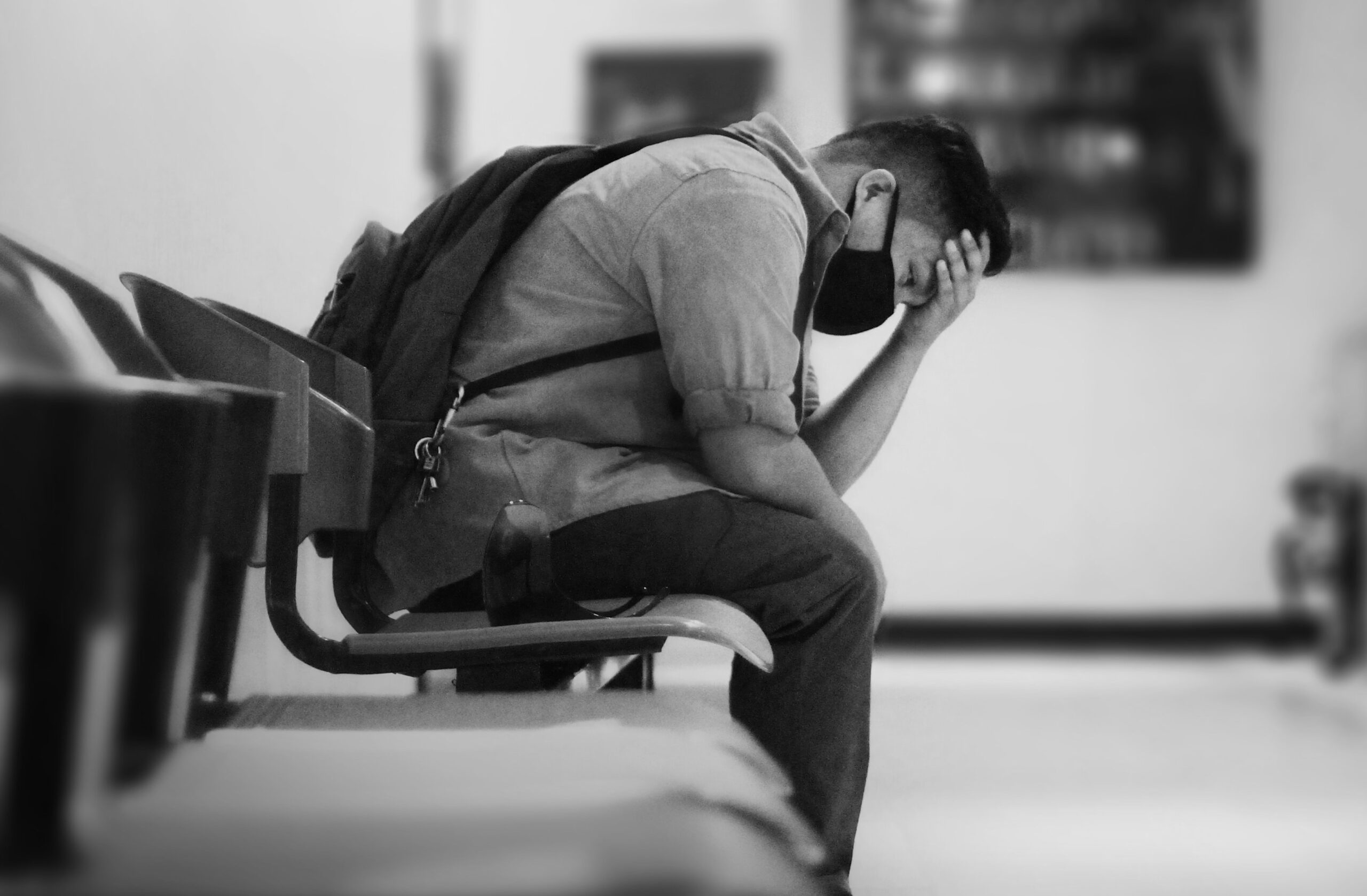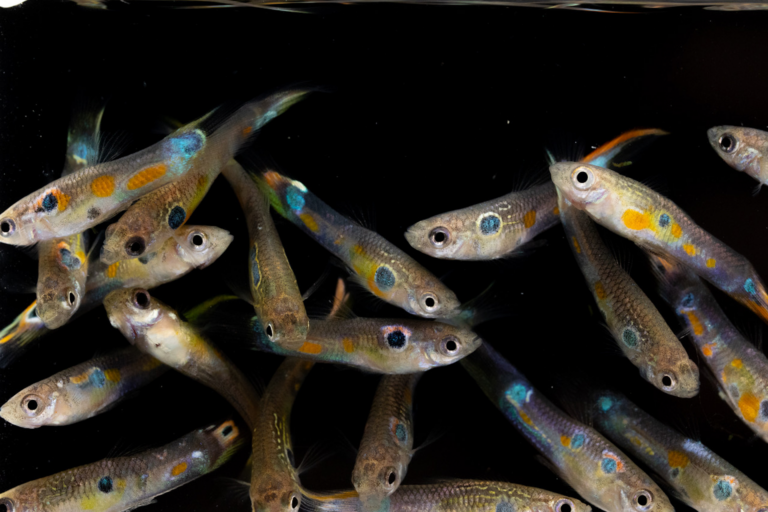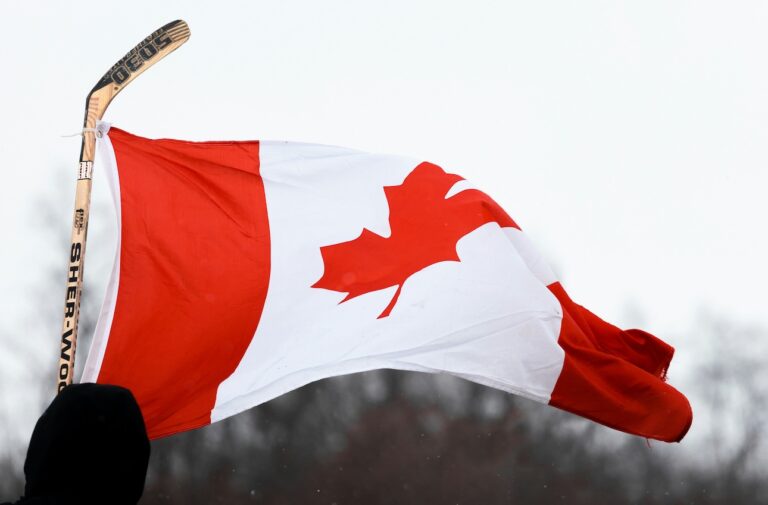New toolkit helps tackle climate anxiety
UBC nursing student Natania Abebe and nursing lecturer Raluca Radu, who teaches a course on the health impacts of climate change, share strategies for dealing with climate anxiety

Credit: christopher catbagan on Unsplash
Climate anxiety can take a toll on mental health and worsen existing mental health conditions among people who are anxious about climate change.
UBC graduate student Natania Abebe, a registered nurse and mental health advocate, worked with other students and faculty experts at UBC to create a resource toolkit that can help educators and the general public when navigating climate change issues.
In this Q&A, Abebe and nursing lecturer Raluca Radu, who teaches a course on the health impacts of climate change, discuss strategies for dealing with climate anxiety and ecological grief.
What do climate anxiety and related terms like ecological grief and eco-paralysis mean? Why do they seem to be affecting younger people disproportionately?

Abebe: Eco-anxiety is the anxious feeling that we get when we look at the future threat of climate change. Eco-grief is sort of the mourning or sadness that we feel at the loss of environmental landscape. Eco-paralysis is the sense of being so overwhelmed by the nature of climate change that you don’t even want to engage with it. They aren’t formally defined mental illnesses, but they are emerging mental health conditions.
Radu: I find youth show deeper concern for climate change because of how often they are exposed to it on social media, which can make it overwhelming to manage. For example, a 2021 survey revealed that 59 per cent of people ages 16-25 felt “extremely worried” about climate change. I think we are at a turning point in history where we need to engage youth presence not only in research, but in education and in policymaking too.
What inspired you to create your toolkit, and how can people use it to cope with climate stress?
Abebe: This toolkit was inspired by the course Nursing 290 where, as a teaching assistant, I delivered lectures examining the effects of climate change on mental health. I wanted to put together a new resource that health educators can use to help young people cope with climate change. However, anyone can use this toolkit for their own mental health.

The toolkit asks learners to examine their values, emotions and behaviours in relation to their environment. It provides reading resources and ways of managing climate-related emotions, such as by taking action. As companion piece, I also produced a short film featuring UBC students and experts from different cultural backgrounds talking about climate change and ecological anxiety. Showing these diverse voices suggests to learners that people who look like them or come from similar backgrounds are also coping with the same issues.
Any other tips for managing climate anxiety?
Abebe: Doing things like volunteering, building a community, talking about our emotions, practicing mindfulness or going to therapy can help mitigate that sense of despair. It’s important not to feel isolated, realizing that what you’re experiencing is normal and that other people feel it too. Also look at centering around your values and what gifts you bring to the world. What can you do in your day-to-day life to fight climate change?
Radu: Health care practitioners can register with PaRx, B.C.’s nature prescription program so that they can prescribe time in nature to improve a client’s health. PaRx has started to be adopted Canada-wide and people with a PaRx prescription can now visit local and national parks, historic sites and marine conservation areas for free.
During my graduate studies at UBC I developed a teaching guide that nursing educators can use to introduce learners to key aspects of climate change and their impact on health. Making up the largest portion of the healthcare workforce, nurses already have the expertise to provide outstanding care to their clients. With creative tools such as Natania’s film and toolkit, nurses everywhere can be further supported to tackle the ongoing impacts posed by a warming climate, regardless of where they practice.
Interview language(s): English (Abebe, Radu), Romanian (Radu)
Available interviews: Raluca Radu: April 20 (today) – 11 a.m.-1 p.m., April 21 (Thursday) – 10 a.m. – 12 p.m, April 22 (Friday) 1-5 p.m. Natania Abebe: After 1 p.m. April 20.
Multimedia assets:



